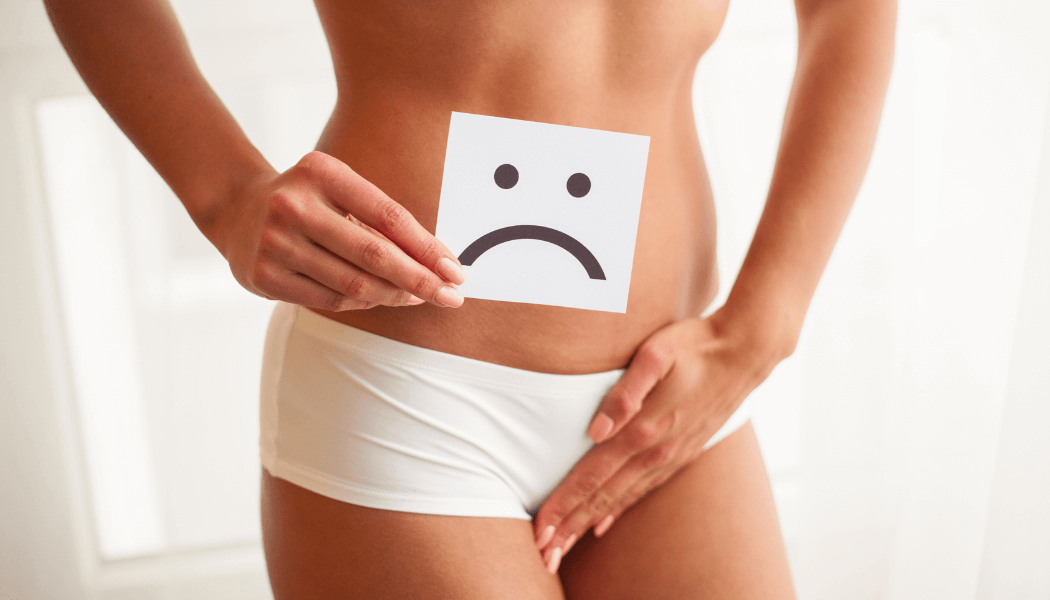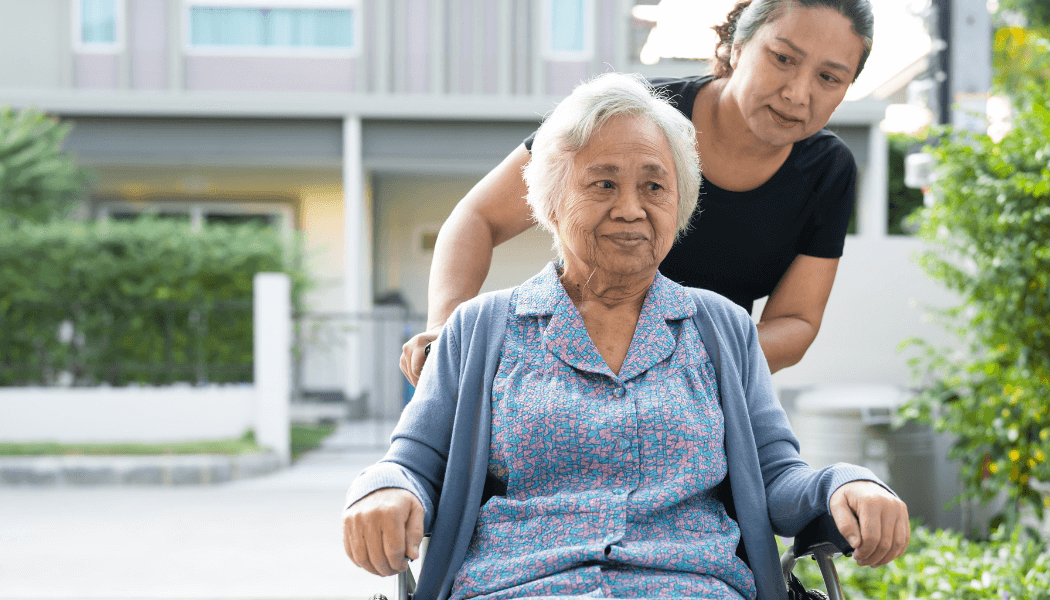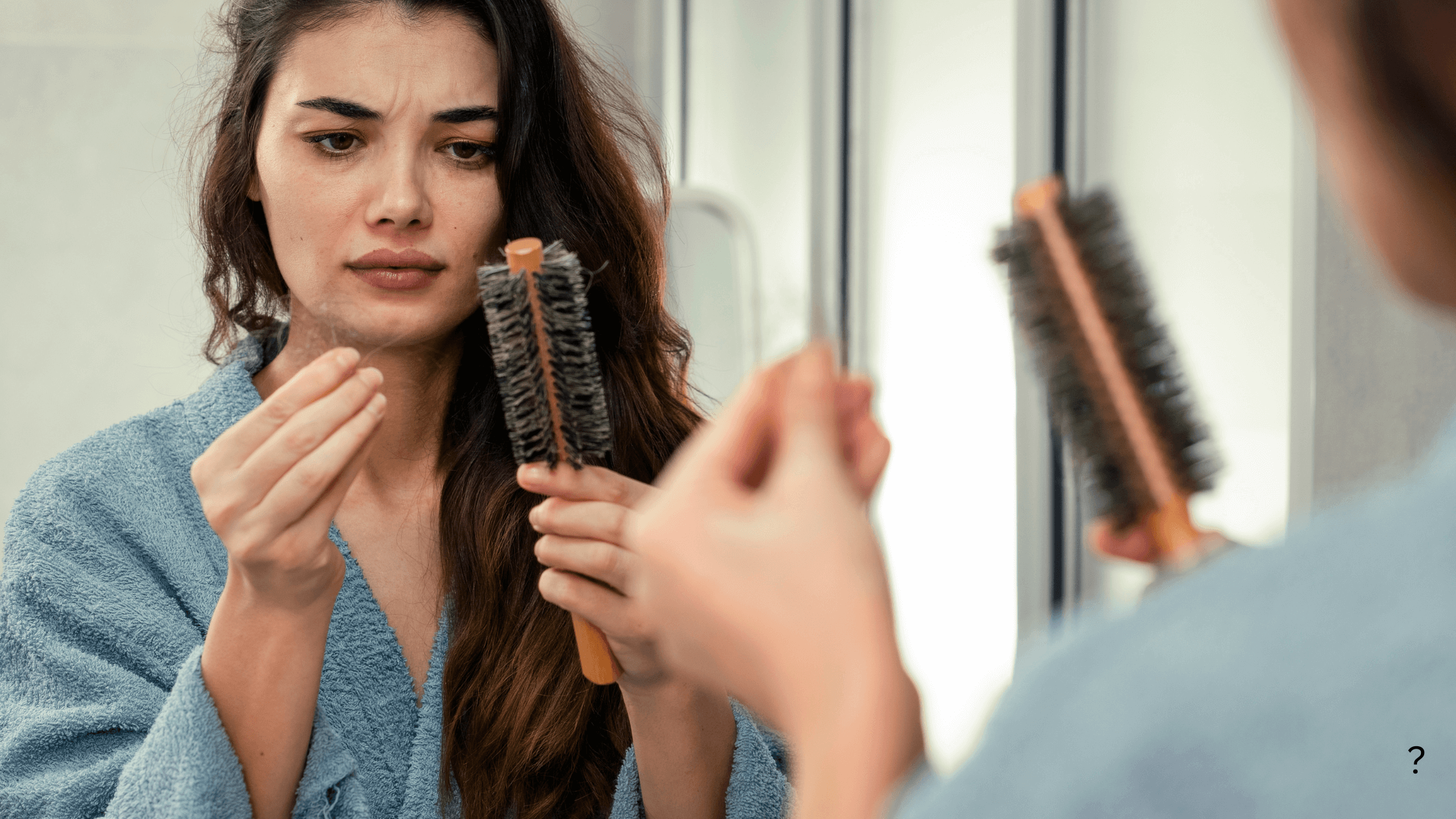Stop the Cycle: How to Finally Stop The Cycle of Recurring Yeast Infections

Introduction
Hey there, frustrated with the never-ending cycle of yeast infections? You're not alone. It's like they have a mind of their own, popping up at the most inconvenient times and making you feel uncomfortable and self-conscious. But fear not, there is a way to break free from this vicious cycle and finally say goodbye to those pesky yeast infections for good.
In this article, we're going to dive into the world of natural remedies and solutions for recurring yeast infections. No more relying on over-the-counter creams that only provide temporary relief. We're talking about getting to the root of the problem and finding a long-lasting solution that actually works. So grab a cup of tea, get comfortable, and let's put an end to the cycle of recurring yeast infections once and for all.
Why Do I Keep Getting Yeast Infections? Understanding the Root Cause
Yeast infections are a common issue that many women face, and understanding why they keep coming back is crucial in finding a long-term solution. One of the main reasons for recurring yeast infections is an imbalance in the natural flora of the vagina. This can be caused by factors such as antibiotics, hormonal changes, or a weakened immune system, and sexual intercourse. As we age, hormonal fluctuations, especially during peri-menopause, can lead to changes in vaginal pH levels, making it easier for yeast to thrive. Additionally, lifestyle factors like wearing tight clothing or using scented products in the vaginal area can also contribute to recurring yeast infections. By addressing these root causes and incorporating natural remedies into your routine, you can finally break the cycle of yeast infections and find relief once and for all.
The Link Between Hormones, Menopause and Yeast Infections
As you age, hormonal changes, especially during peri-menopause and menopause, can play a significant role in the occurrence of recurrent yeast infections. Fluctuating hormone levels can disrupt the delicate balance of good and bad bacteria in your vagina, making it easier for yeast to overgrow and cause infection. Additionally, a decrease in estrogen levels can lead to a thinning of the vaginal walls and less natural lubrication, creating an environment that is more hospitable to yeast. These changes can also weaken your immune system's ability to fight off infections. It's important to understand the connection between hormones and yeast infections so that you can take steps to address the underlying causes and find relief from this frustrating cycle.
Does Sex Cause Yeast Infections? How to Prevent Infection After Intercourse
While sex itself does not directly cause yeast infections, it can increase the risk of developing one. Friction during intercourse can disrupt the delicate balance of bacteria and yeast in the vagina, leading to an overgrowth of yeast but the main cause could be the mans semen. You see the pH in semen is usually around 7.2-7.8 this sends a lady's vaginal pH level into orbit, which our pH level is 3.8-5. To prevent infection after intercourse, consider the following tips:
- **Urinate and clean up**: After sex, it's important to urinate and clean the genital area to help flush out any bacteria that may have been introduced during intercourse.
- **Avoid scented products**: Perfumed soaps, lotions, and feminine hygiene products can irritate the vaginal area and disrupt its natural pH balance, making it more susceptible to infections.
- **Stay hydrated**: Drinking plenty of water helps to flush out toxins from your body and maintain a healthy balance of bacteria in your system.
- **Wear breathable underwear**: Opt for cotton underwear that allows for air circulation, reducing moisture which can create a breeding ground for yeast.
-**Using V-Blissful Soothing Solution after intercourse is a crucial and NATURAL way to get your vaginal pH level back where it should be, so the yeast doesn't take hold!
By taking these preventive measures after intercourse, you can help protect your vaginal health and reduce the likelihood of recurring yeast infections. Remember, consulting with a healthcare professional is always recommended if you are experiencing persistent issues.
The Best Way to Get Rid of a Yeast Infection Naturally
Are you tired of dealing with recurring yeast infections and looking for a natural solution to finally get rid of them for good? Look no further than natural remedies that can help restore balance to your body and eliminate those pesky infections once and for all.
### Probiotics
One of the best ways to combat yeast infections naturally is by incorporating more probiotics into your diet. Probiotics help to restore the balance of good bacteria in your body, which can help prevent yeast overgrowth. You can find probiotics in fermented foods like yogurt, kefir, and sauerkraut, or you can take them in supplement form.
### Tea Tree Oil
Tea tree oil is known for its antifungal properties and can be an effective natural remedy for yeast infections. You can dilute tea tree oil with a carrier oil like coconut oil and apply it topically to the affected area for relief.
### Garlic
Garlic is another natural ingredient that has antifungal properties and can help to combat yeast infections. You can add more garlic to your meals or even insert a garlic clove into the vagina overnight for relief.
By incorporating these natural remedies into your routine, you can finally say goodbye to recurring yeast infections and enjoy a healthier, happier life. Remember, it's essential to consult with a healthcare professional before trying any new remedies to ensure they are safe and effective for you.
Using Probiotics to Restore Balance and Stop Recurring Yeast Infections
If you're tired of the cycle of recurring yeast infections, incorporating probiotics into your daily routine may be the solution you've been looking for. Probiotics are live bacteria and yeasts that are good for your health, especially your digestive system. When taken orally or applied topically, probiotics can help restore the natural balance of bacteria in your body, including in the vaginal area. This balance is crucial in preventing the overgrowth of yeast that leads to infections.
### How Probiotics Work
By introducing beneficial bacteria into your system, probiotics can help crowd out harmful yeast and bacteria that may be causing your infections. They also help strengthen your immune system, making it more difficult for yeast to thrive and cause trouble.
### Choosing the Right Probiotics
When selecting a probiotic supplement, look for one specifically formulated for vaginal health. These products typically contain strains of bacteria that are known to support a healthy vaginal flora. You can also increase your intake of probiotic-rich foods like yogurt, kefir, and sauerkraut to naturally boost your probiotic levels.
Incorporating probiotics into your daily routine can help restore balance to your body and put an end to the cycle of recurring yeast infections.
Making Lifestyle Changes to Prevent Chronic Yeast Infections
If you're tired of dealing with recurring yeast infections, making some lifestyle changes can help break the cycle. One key factor to consider is your diet - consuming too much sugar and refined carbohydrates can feed the yeast in your body, contributing to infections. By opting for a diet rich in whole foods, low in sugar, and high in probiotics, you can create a healthier environment in your body that is less hospitable to yeast overgrowth.
Another important aspect to address is your clothing choices. Tight-fitting clothing, especially synthetic materials, can create a warm, moist environment that promotes yeast growth. Opt for breathable cotton underwear and loose-fitting clothing to allow for better air circulation and reduce the risk of infection.
Lastly, managing stress levels is crucial in preventing recurring yeast infections. High stress levels can weaken your immune system, making you more susceptible to infections. Incorporating stress-reducing activities such as yoga, meditation, or regular exercise into your routine can help keep your immune system strong and reduce the likelihood of yeast infections.
By making these lifestyle changes, you can help prevent chronic yeast infections and finally break free from the cycle of recurring infections.
Conclusion
In conclusion, dealing with recurring yeast infections can be frustrating and uncomfortable, but there are natural ways to help break the cycle. By addressing potential triggers like hormonal imbalances, diet, and lifestyle factors, you can work towards preventing future flare-ups.
Remember, it's important to consult with a healthcare professional if you're experiencing frequent yeast infections, as they may be a symptom of an underlying issue that needs to be addressed. With the right approach and some patience, you can finally say goodbye to the cycle of recurring yeast infections and enjoy better vaginal health.
Please also remember V-Blissful products are a natural alternative to keep the flora balanced!



